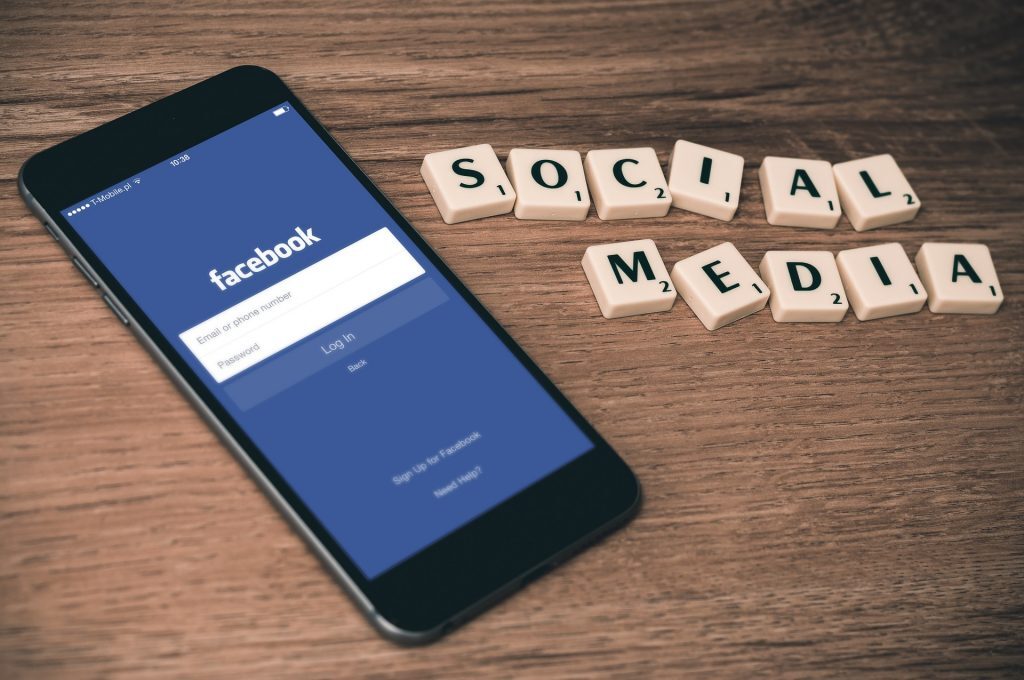This will be published after South Africa’s election, which we certainly hope has only been manipulated by the usual political forces and not online trolls using Facebook, as happened in the Great Brexit Scandal and the US presidential elections of 2016.
After these two watershed events, the nature and debate about political manipulation has profoundly changed forever. In South Africa we’ve barely seen this kind of trickery – except with the vile Bell Pottinger Twitter-bots of the last days of the State Capture years.
But that dastardly firm Cambridge Analytica changed all of that when it manipulated democracy itself in arguably the two biggest election upsets in the history of the Democratic West.
It is this sordid recent history that Facebook is trying to leave behind with a brand refresh and “pivot” to “privacy”. Pivot is the word used in startup circles to describe a company changing tack from one business model to another. It’s the hip business term of the moment, like disruption and innovation before it.
This pivot to privacy is the new business model Facebook is pursuing, as CEO Mark Zuckerberg enunciated at its F8 developers conference last week in San Jose: “the future is private”.
Facebook’s news feed has been hugely lucrative for them, but just as massively problematic. Because it showed “news” it was open to manipulation. First it was by click-baiters who made money from enticing you to their nonsense sites to see drivel: “this little girl was somehow sad, and you won’t believe what happened next…”
Then the right-wing crazies realised they could publish their hateful nonsense (especially in closed groups) and the Russian internet trolls realised they could trick democracy.
Since Cambridge Analytica’s wrongdoings broke just over a year ago Facebook has realised it can’t control the news feed – despite banning a bunch of white supremacists and other nutters last month – and is clearly getting out of it.
“Over time,” Zuckerberg said, “I believe that a private social platform will be even more important to our lives than our digital town squares. So today, we’re going to start talking about what this could look like as a product, what it means to have your social experience be more intimate, and how we need to change the way we run this company in order to build this.”
The primary Facebook app and website will lose its characteristic blue tones and be mostly white, focussing on groups and events.
“Now look, I get that a lot of people aren’t sure we’re serious about this,” Zuckerberg told the F8 audience. “We don’t exactly have the strongest reputation on privacy right now, to put it lightly. But I’m committed to doing this well and starting a new chapter for our product.”
This from the man who single-handed destroyed the old model of privacy. Can we trust him? I was due to travel to F8 and I was really looking forward to seeing this pivotal moment close up but had to cancel at the last minute.
He added: “This isn’t just about building new products. It’s a major shift in how we run this company. We believe that for the future, people want a privacy-focused social platform. I believe that if we build out a fully encrypted interoperable service… that’s going to be an important contribution to the world.”
A sceptical world is waiting and watching.
This article first appeared in Financial Mail
